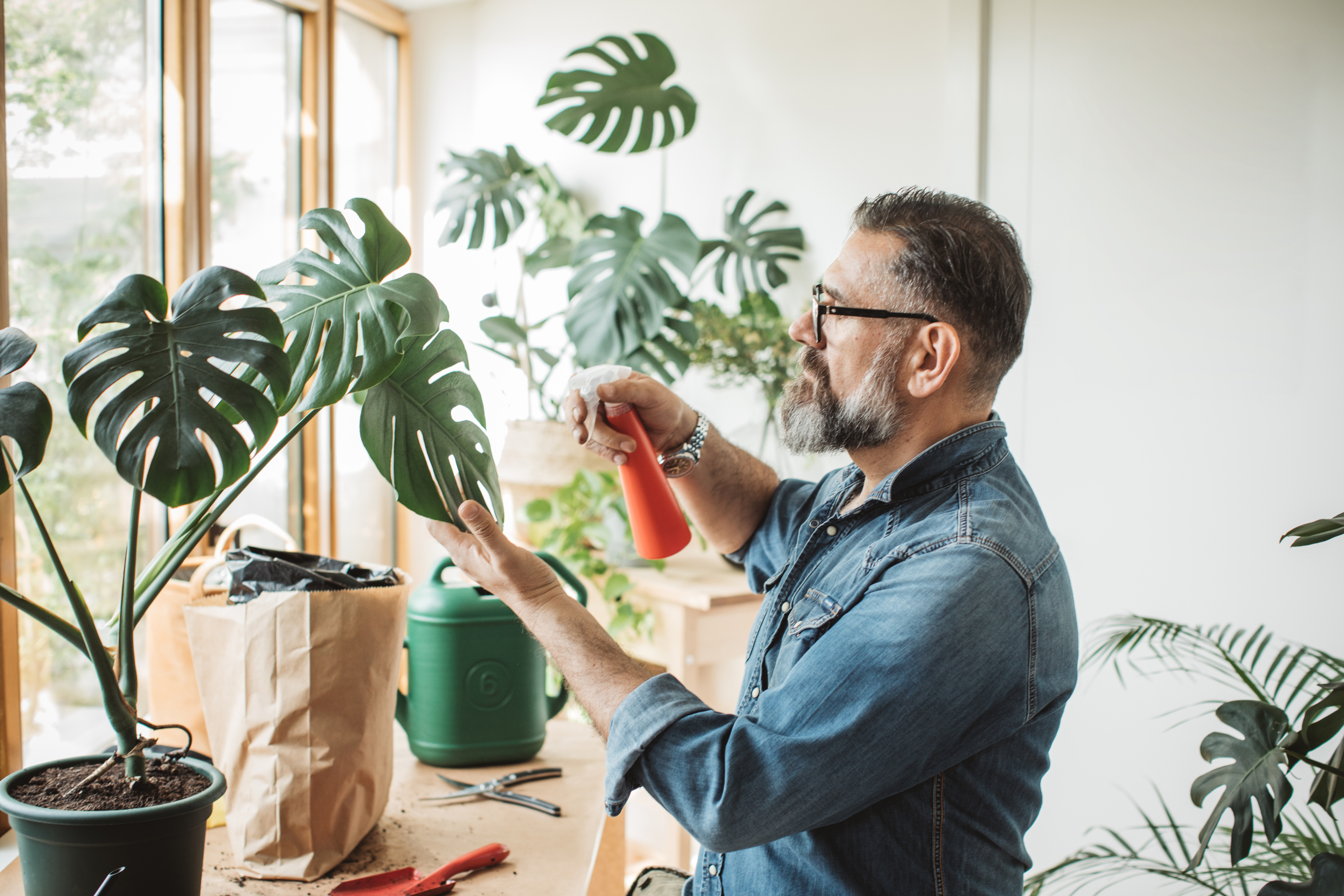
Health & Medicine
What is mindfulness? Nobody really knows, and that’s a problem

Clinical psychologist Dr Nicholas Van Dam explains that despite it being associated with everything from eating to the army, mindfulness isn’t what many of us think it is
Published 28 April 2021
“One of the biggest problems we face is people thinking ‘we’ll just throw mindfulness at them and it’ll fix the problem’ or at least it feels like it’s fixing the problem,” says Dr Nicholas Van Dam, Senior Lecturer at the School of Psychological Sciences at the University of Melbourne.
“We’re increasingly seeing that [mindfulness] isn’t a silver bullet, it’s not a panacea. It won’t fix every problem for every person and it probably shouldn’t be for every child in every school. That kind of thinking just probably isn’t going to work and the science doesn’t support that, but we’re starting to get better.”

Health & Medicine
What is mindfulness? Nobody really knows, and that’s a problem
Dr Van Dam is the inaugural director of the Contemplative Studies Centre at the University of Melbourne, a first point of entry into the world of mindfulness, meditation and contemplative practice.
The Centre focuses on interdisciplinary, evidence-based research into contemplative practice and methodology.
“We’re trying to understand these practices - we’re starting to actually look at comparing meditation practices against good active controls, which is something that’s been lacking,” he says.
“This combination of mindfulness (and) meditation is important, but the confusion is very real. People often think they’re interchangeable when they’re not. Often when people are talking about mindfulness, they’re talking about the quality or the activity, it’s a way of engaging with the world. Meditation is a much broader set of largely introspective practices, where you’re looking inside.
“So mindfulness isn’t as present moment as people often think it is. It’s kind of like a remembering to pay attention, a remembering to be present, a remembering to be aware. However what you’re aware of, what you’re attending to, doesn’t necessarily have to be the present.
“That’s often the goal, but as you’re sitting thinking or as you’re going about your day, the mind will wander to the past, it will wander to the future. That’s fine. It’s all about how you engage with that.”
Episode recorded: April 8, 2021.
Interviewer: Dr Andi Horvath.
Producer, audio engineer and editor: Chris Hatzis.
Co-producers: Silvi Vann-Wall and Dr Andi Horvath.
Banner: Getty Images
Subscribe to Eavesdrop on Experts through iTunes.